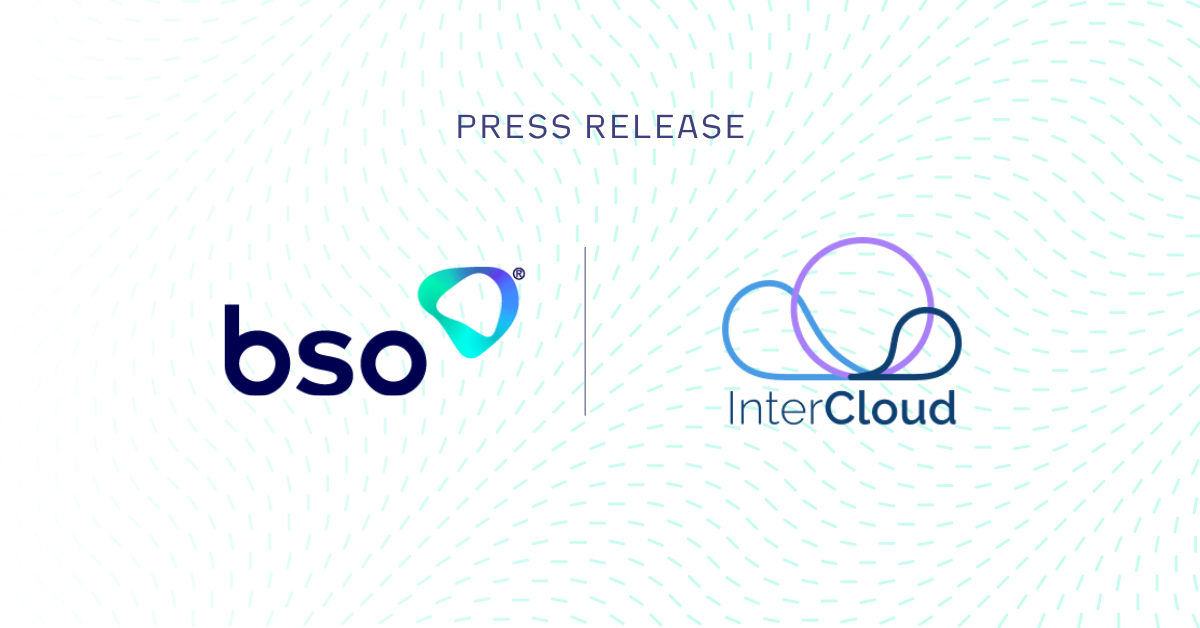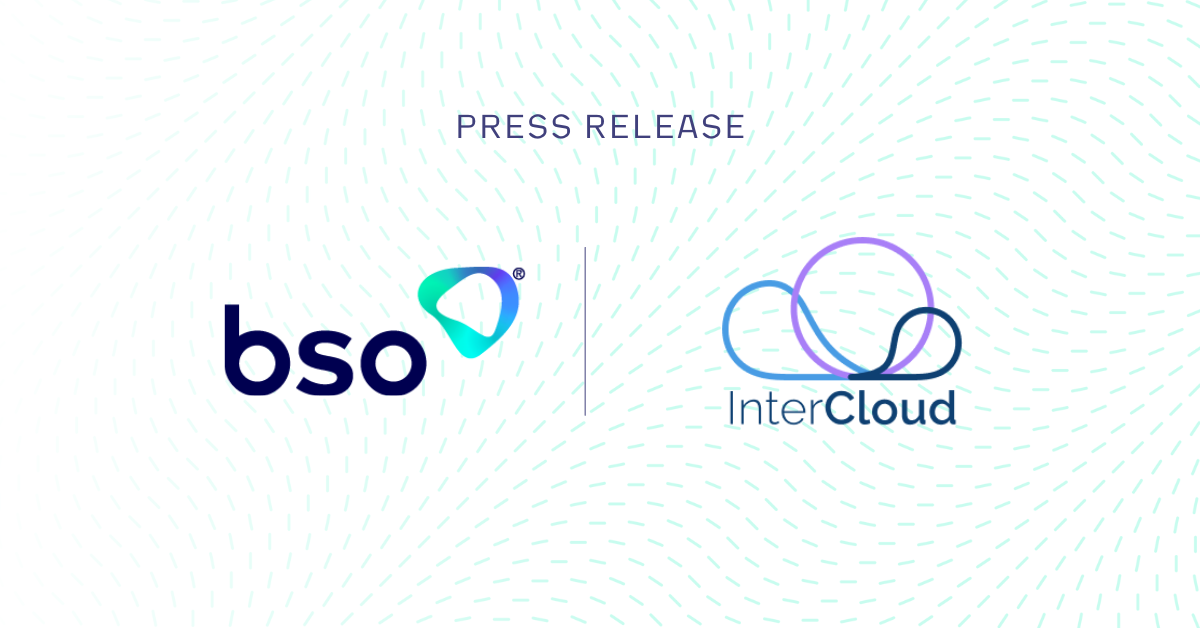
By Fraser Bell, Chief Commercial Officer at BSO
Competition in the capital markets technology space has been intensifying in recent years, and it’s not hard to see why. Data from U.S. industry group FINRA shows electronic trading in the United States in the latest annual period rose a staggering 87% to a record 67 billion recorded transactions a day.
FINRA, which keeps tabs on transactions for regulatory purposes, has a window on the activity of 17 exchanges, 60 alternative trading systems and nearly 1,400 broker-dealer firms that it monitors. Its numbers were based on stock, options and fixed income trading. But electronic trading now dominates an even wider spread of asset classes, according to a recent report from consultancy Accenture.

A significant reason why electronic trading is surging is because the capital markets infrastructure that market participants are now using is better, stronger and faster than ever before. As the technology improves, the number of trades rises with it. And with all of that activity, it’s not just traditional technology providers that are looking to get in on the act. All kinds of firms are, from venues to market participants to data and analytics firms.
With so many potential providers, it therefore becomes vital that market participants consider some of the factors that can make a critical difference in terms of having an effective, fit-for-purpose electronic trading system. Does a potential supplier have the requisite specialist knowledge for providing optimum connectivity? What about access to the right markets? Or latency? Will the proposed system have the scalability a company needs as business grows or as new opportunities arise? These are very much the kind of questions participants ask and we know that we need to be ready to answer them.
A Variety Of Vendors

In some cases, trading firms become entrants into the technology space after discovering they can monetise their in-house developments by selling to a wider market, as long as they are able to sell their technology without impacting their own trading results.
In other cases, firms have entered into deals with suppliers and then come to realise that this was a line of business they too should be in. It is becoming a trend now for financial exchanges to expand their offering with the use of technology.
What all this means for customers is that deciding on a technology strategy for an electronic trading system has never been easier – and at the same time never been harder. It’s easier because there is such an abundance of choice. And it’s harder because there is such an abundance of choice!
Market participants need to think about not only whether to build or buy, but what specific parts of their trading system to build or buy, or whether to bring in a third party to manage the whole affair. Often, the key driver is cost. That of course has to be high up on any firm’s priority list. But there are three other things that need to be considered.
How to Develop the Best Technology Strategy:

1. Is there a fit between the supplier and a firm’s business strategy?
When choosing a supplier you need to consider the trading footprint, the asset classes in focus or the type of trading that is taking place (e.g. high versus low latency). If you have a global footprint, your network supplier had better have one too.

2. Never forget your differentiator.
It’s one thing to purchase off-the-shelf feed handlers, safe in the knowledge that your key differentiator does not depend on something that is fairly commoditised. It’s quite a different affair when parts of the technology supply chain relate more directly to the value your firm creates.

3. Finally, think about the future.
New digital technologies can transform and disrupt current industry value chains on an even more fundamental level than what has taken place to date. Electronic trading platforms thus far have focused on capturing transactions digitally, and moving both order-taking and service functions to self-service. But thousands and thousands of people are still employed who carry out manual tasks that could be automated or transformed as part of new trading systems. It notes artificial intelligence and distributed ledger technology as two of the main game-changers for future systems. So, suppliers need to be as committed to the future as to the present.
Having too much choice can be just as debilitating as having too little. But we think that a focus on these business factors can help market participants navigate what has become an extremely complicated technology supply chain environment.
As an independent firm that is always looking to take advantage of next-generation technology, BSO helps its clients address all three of these issues. We’ve built our reputation on our ability to provide ultra-low latency connectivity, easy access and excellent customer service, all of which are critical for the customer journey to be successful.
If you are looking to upgrade your capital markets technology, we can help.
ABOUT BSO
The company was founded in 2004 and serves the world’s largest financial institutions. BSO is a global pioneering infrastructure and connectivity provider, helping over 600 data-intensive businesses across diverse markets, including financial services, technology, energy, e-commerce, media and others. BSO owns and provides mission-critical infrastructure, including network connectivity, cloud solutions, managed services and hosting, that are specific and dedicated to each customer served.
The company’s network comprises 240+ PoPs across 33 markets, 50+ cloud on-ramps, is integrated with all major public cloud providers and connects to 75+ on-net internet exchanges and 30+ stock exchanges. The team of experts works closely with customers in order to create solutions that meet the detailed and specific needs of their business, providing the latency, resilience and security they need regardless of location.
BSO is headquartered in Ireland, and has 11 offices across the globe, including London, New York, Paris, Dubai, Hong Kong and Singapore. Access our website and find out more information: www.bso.co
SALES ENQUIRY
Get in touch now. Find out how we can transform your business_
You might be interested in_
THE BSO DIFFERENCE
The industries we work across_





/Revolutionising-Connectivity%20BSOs-Tailored-Cloud-Solution-for-CryptoStruct-GmbH.png?width=1050&height=550&name=Revolutionising-Connectivity%20BSOs-Tailored-Cloud-Solution-for-CryptoStruct-GmbH.png)
/6%20Cloud%20Best%20Practices%20for%20Financial%20Technology%20Companies.jpg?width=1200&height=600&name=6%20Cloud%20Best%20Practices%20for%20Financial%20Technology%20Companies.jpg)








